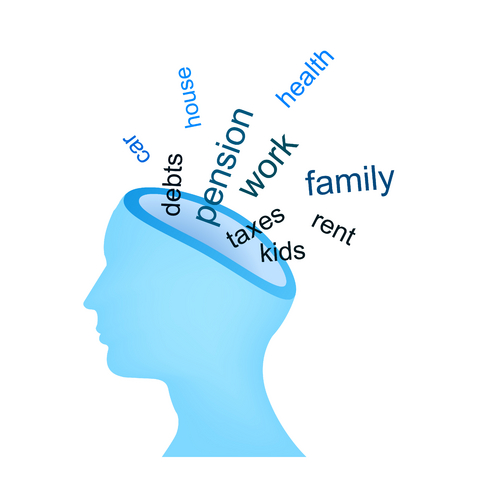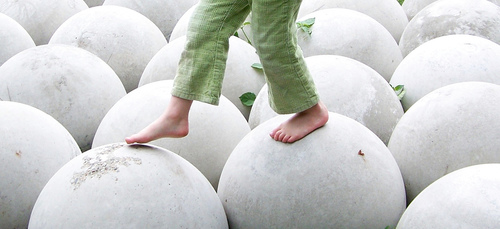MEDITATION TIP OF THE WEEK
MEDITATION TIP OF THE WEEK IS A WEEKLY SERIES OF VERY SHORT, EASY TO REMEMBER, AND BASIC TIPS ON MEDITATION. PLEASE LET ME KNOW WHAT YOU THINK, IS IT HELPFUL?
While definitions and attributes of meditation may vary between different schools of contemplative and meditative traditions, it’s generally agreed that a key component of meditation, if not the defining characteristic of meditation, is a state of non-distraction.
I often find that the greatest obstacle to a meditation practice isn’t the distraction itself, but my reaction to the distraction that occurs. Does that make sense?
While distraction can be an obstacle to meditation, and is often the reason that many people give up on their attempts to learn to meditate, “How did I get so distracted?…This is too much!…I give up!” the problem with distraction isn’t actually distraction.
There’s a funny saying in rock-climbing which goes something like this, “It’s not the fall that kills you, but the sudden stop at the end of the fall.” In the same way, it’s not so much our distraction that prevents us from meditating as it is our addiction to our distractions that undermines our attempts to meditate or even to learn meditation.
Suppose that we sit down to meditate and are immediately distracted by the pain in our butt, or cramp in our neck. From this sensation, comes a stream of other thoughts, “How can I meditate with this distraction?…I never knew that meditation was so painful!…Why do I always have this cramp in my neck?!…” Then we start following the stream of thoughts with other thoughts, and before we know it, we’ve become distracted beyond the initial thought or sensation that arose.
What we find is that it’s not so much the initial distraction that mattered, but the afterthoughts and follow-up to the distraction that’s taken hold of us and prevented us from meditating. So…it’s not the distraction that matters but what we do with it that counts. The next time that you’ve taken the opportunity to work with your mind through meditation and find that you’ve become distracted, simply return joyfully to your practice without taking the least bit of time to comment on your wandering mind or giving yourself a hard time.
Try doing this, try simply returning to your meditation whenever you find yourself distracted and see whether it helps you enjoy your mediation more. For information on how to bring your mind back when you find yourself distracted, you may want to read this post, How to Meditate – The Most Important Practice…Plus One Great Tip!
Enjoy! Practice well. Take every moment as an invitation to bring your mind back to the present.






Leave A Comment